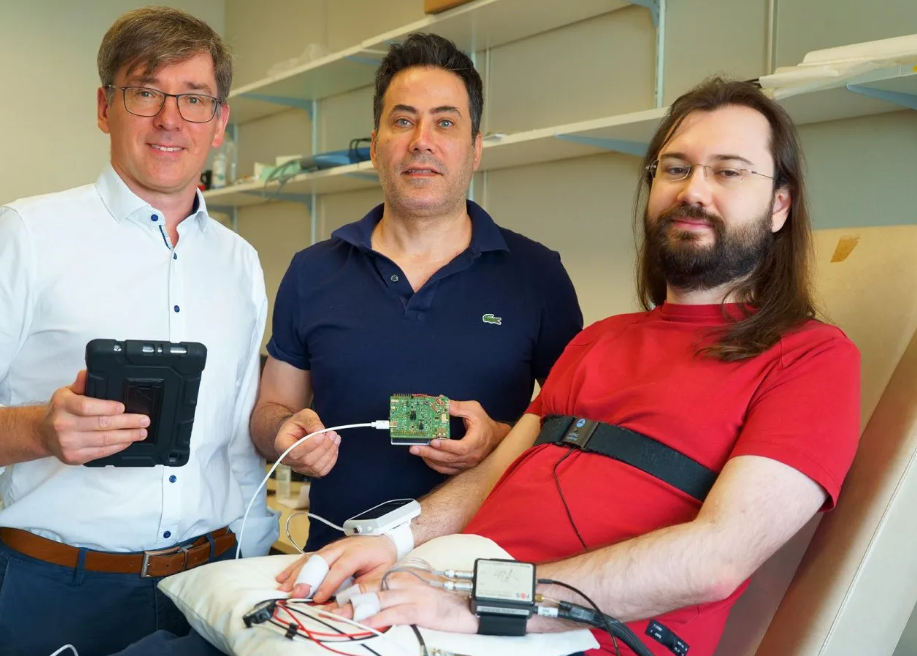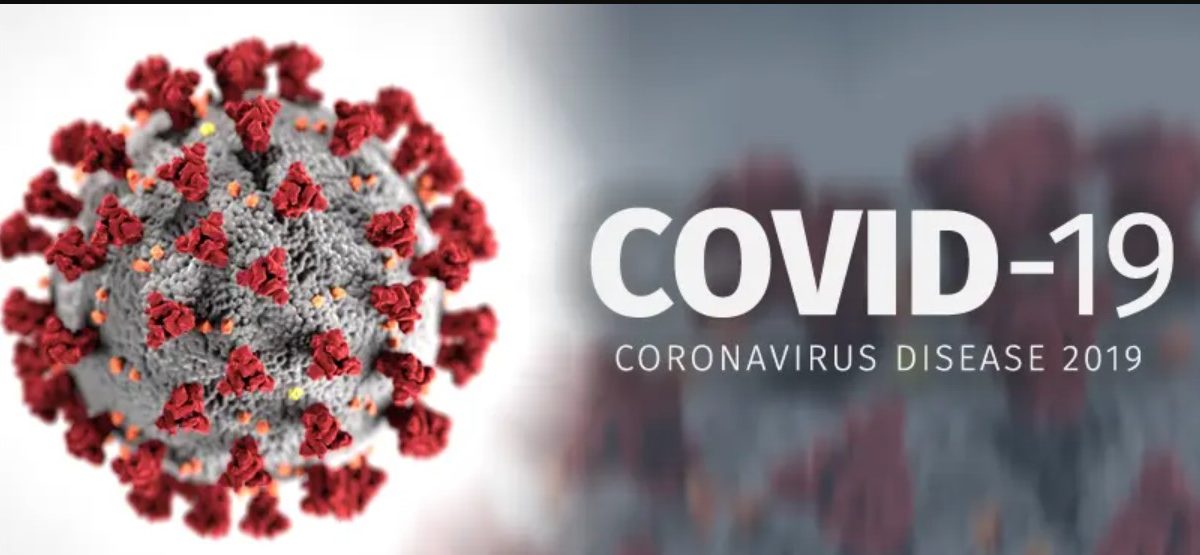
“Electric Pill” Shown To Help Patients With Severe COVID-19
- BiotechnologyInternational News
- No Comment
- 369
Activating the auricular vagus nerve provides anti-inflammatory effects in severe Covid-19 cases.
A system out of balance
When a virus – such as SARS-CoV-2 – triggers an inflammatory response in the body, this information is transmitted to the brain via the sensory nervous system. The Vagus nerve, which extends from the brain to most organs in the human body, responds in a regulatory way with an anti-inflammatory reflex. However, if the anti-inflammatory response is too weak, excessive inflammation may negatively affect the body’s own regeneration. To restore the balance between the initially protective inflammatory response and the regenerative processes, aVNS systems can be used.
Vienna University of Technology researchers collaborated closely with the Hospital Favoriten, the Medical University of Vienna, the Health Service Centre of the Vienna Private Clinic, the Sigmund Freud Private University Vienna, and the Immunological Day Clinic Vienna to test their hypothesis that aVNS also aids in the healing process in severe Covid-19 cases.
aVNS in severe Corona courses
The research team was able to demonstrate in its most recent study that the positive effect that Vagus nerve stimulation has on the course of severe Corona diseases, which was predicted in 2020 – at the start of the pandemic – actually exists. The researchers studied the use of aVNS on individuals who were severely ill with Corona and were about to receive artificial respiration.
When the virus attacks the body, the inflammatory response and healing process can become unbalanced. The inflammatory response of the body then causes more damage than the virus itself. This balance must be restored – for example, by using an aVNS system. “The electrostimulation of the auricular vagus nerve was not only able to stop the inflammatory reaction in Covid-19 patients, it was even able to counteract it,” Eugenijus Kaniusas, professor at the Institute for Biomedical Electronics at Vienna University of Technology, emphasizes the result.
Individualised auricular vagus nerve stimulation at the right time and with the right strength. Credit: Vienna University of Technology
Stimulating at the exact right time
The therapeutic success of aVNS also increases by adapting the system. If an aVNS system constantly sends electrical impulses, this can lead to side effects such as pain. The power consumption is also significantly higher compared to when the system reacts individually to the patient and sends targeted stimuli. To realize this, the researchers around PhD student Babak Dabiri have integrated a closed-loop control. Eugenijus Kaniusas explains: “This allows us to stimulate the Vagus nerve exactly when the brain is listening. This is the case when the heart is contracting and blood is flowing into the vessels or when the person is exhaling.” In this way, over- and under-stimulation can be prevented, which often results from persistent aVNS.
While simple measurements refer exclusively to the past, Kaniusas and his team worked with predictions: “In the study, we were able to show that predictive stimulation works and leads to the desired result. This was possible due to a feedback function of the system, via which the aVNS system can constructively interfere with the parasympathetic system,” the electrical engineer Kaniusas says.
“The aVNS system listens to the measured biosignals and sends its stimulus at exactly the right time, like an intelligent electric pill,” he finally draws a comparison. This is an important step in the direction of personalization, through which the research team also expects better therapeutic success and more acceptance by users.
References:
“Auricular vagus nerve stimulator for closed-loop biofeedback-based operation” by Babak Dabiri, Klaus Zeiner, Arnaud Nativel and Eugenijus Kaniusas, 10 May 2022, Analog Integrated Circuits and Signal Processing.
DOI: 10.1007/s10470-022-02037-8
“Non-invasive Auricular Vagus Nerve Stimulation as a Potential Treatment for Covid19-Originated Acute Respiratory Distress Syndrome” by Eugenijus Kaniusas, Jozsef C. Szeles, Stefan Kampusch, Nuria Alfageme-Lopez, Daniela Yucuma-Conde, Xie Li, Julio Mayol, Christoph Neumayer, Michele Papa and Fivos Panetsos, 28 July 2020, Frontiers in Physiology.
DOI: 10.3389/fphys.2020.00890
By VIENNA UNIVERSITY OF TECHNOLOGY
https://scitechdaily.com/electric-pill-shown-to-help-patients-with-severe-covid-19/





